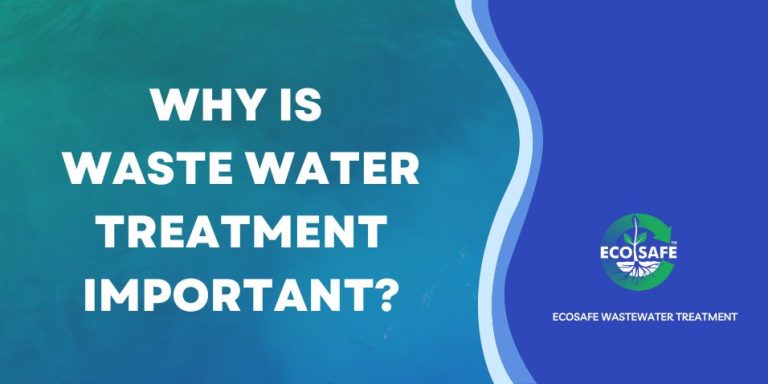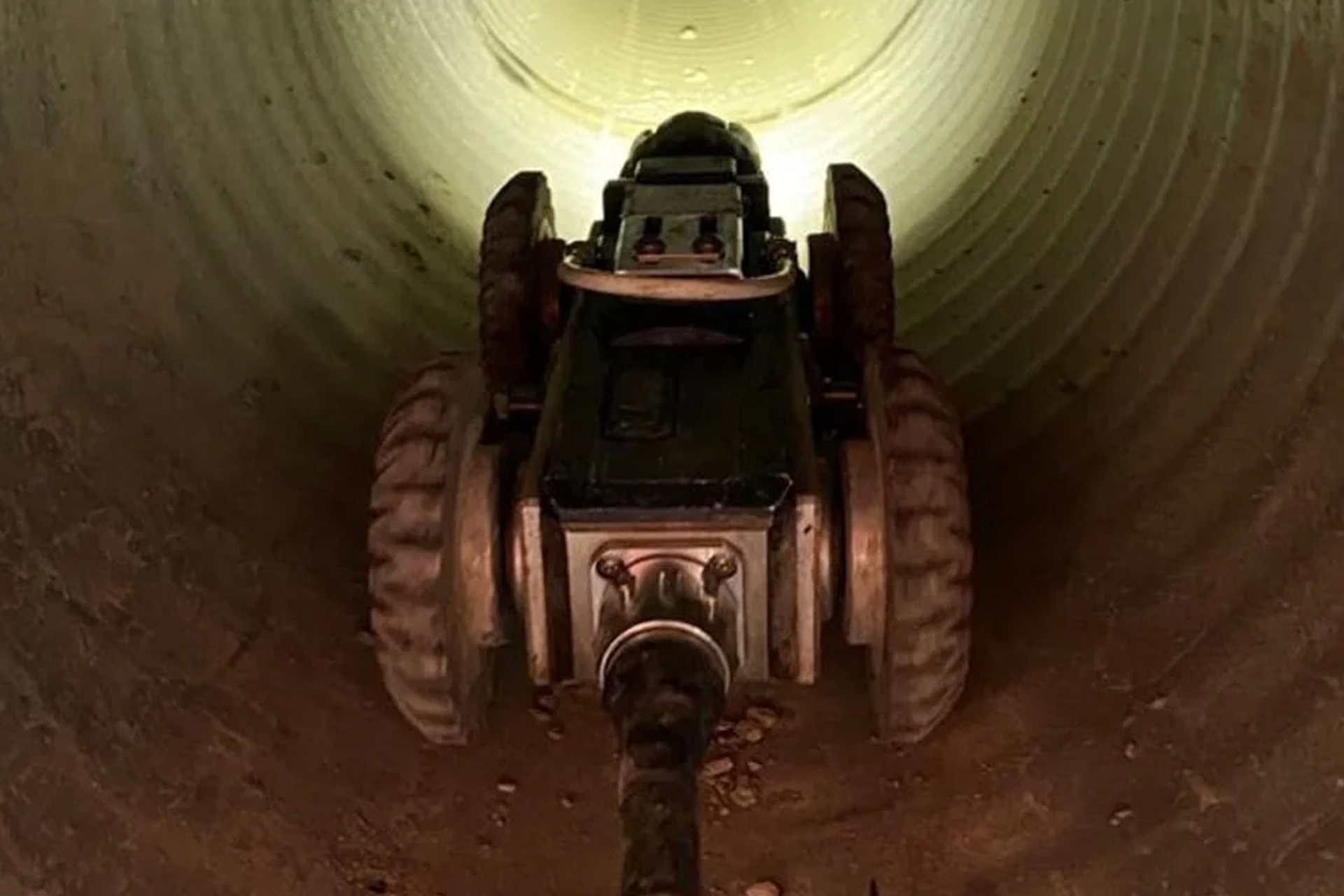Little Known Facts About Reclaim Waste.
Little Known Facts About Reclaim Waste.
Blog Article
Excitement About Reclaim Waste
Table of ContentsThe Only Guide for Reclaim WasteThe Definitive Guide for Reclaim WasteAn Unbiased View of Reclaim WasteReclaim Waste Things To Know Before You Get ThisReclaim Waste Things To Know Before You Buy
Discover the types, occurrences, and kinds of fluid waste. Residential sewage waste describes the waste and items from a residential sewage-disposal tank. This sort of waste is produced by human beings in homes, colleges, and various other buildings. This only consists of sewage-disposal tanks that have a drain field. The proper management and disposal of residential sewer waste need liquid waste to be moved to a sewage therapy plant where the appropriate methods and tools are related to purify and deal with waste.
Commercial waste usually includes possible dangers, such as combustible materials or a blend of liquid and strong waste products, and requires a much more advanced and in-depth disposal procedure. The disposal of business waste generally includes the purification of waste before transportation to make sure risk-free and correct disposal. Industrial waste is produced from results and drainage of commercial procedures and manufacturing.
This sort of waste can not use the very same sewer management transportation or processes as septic or commercial fluids. The hazardous waste management process calls for the evaluation and screening of fluid waste prior to it goes through the disposal procedure (industrial wastewater treatment). Runoff waste is the liquid waste that comes from drainage and excess stormwater in highly inhabited areas or cities
Runoff waste can create contamination and flooding if not handled properly. Ensuring proper waste management can prevent disasters and lower ecological damage.
All about Reclaim Waste
Get in touch with PROS Services today to find out about our waste administration and disposal solutions and the proper means to care for the liquid waste you generate.
(https://reclaimwaste1.creator-spring.com)Do you understand what occurs to your water when you disengage, purge the commode or drain the washing equipment? No? Well, it deserves understanding. This so-called 'wastewater' is not just an essential resource but, after treatment, will be launched to our land, waterways or the sea. Utilized water from toilets, showers, baths, kitchen area sinks, laundries and commercial processes is referred to as wastewater.

water made use of to cool equipment or tidy plant and equipment). Stormwater, a type of wastewater, is overflow that moves from agricultural and city areas such as roofs, parks, gardens, roads, paths and seamless gutters into stormwater drains pipes, after rainfall. Stormwater streams neglected directly to regional creeks or rivers, eventually reaching the sea.
8 Easy Facts About Reclaim Waste Explained
In Queensland, a lot of wastewater is treated at sewage treatment plants. Wastewater is carried from residential or commercial sites via a system of sewers and pump terminals, recognized as sewage reticulation, to a sewage treatment plant.
The Division of Natural Resources advises city governments concerning handling, operating and keeping sewage systems and treatment plants. In unsewered areas, neighborhood governments may call for homeowners to install individual read here or household sewer therapy systems to deal with residential wastewater from bathrooms, kitchen areas, washrooms and washings. The Department of Natural Resources authorises using home systems when they are shown to be effective.
Many stormwater receives no therapy. In some brand-new class, therapy of some stormwater to remove clutter, sand and crushed rock has actually begun making use of gross pollutant catches. Wastewater therapy occurs in 4 phases: Eliminates solid matter. Larger solids, such as plastics and various other objects incorrectly discharged to sewage systems, are removed when wastewater is gone through screens.
Utilizes tiny living organisms understands as micro-organisms to damage down and remove staying liquified wastes and fine fragments. Micro-organisms and wastes are incorporated in the sludge.
The smart Trick of Reclaim Waste That Nobody is Talking About
Nutrient removal is not available at all sewage treatment plants due to the fact that it requires expensive specialised equipment. Clear liquid effluent produced after therapy might still include disease-causing micro-organisms - liquid waste disposal.

This typically suggests wastewater has actually to be dealt with or contaminants gotten rid of before it can be discharged to rivers. The majority of wastewater streams right into the sewage system. Under the Act, city governments carry out authorizations and licences for environmentally relevant activities (ERAs) involving wastewater launches that may have a regional influence. The division provides approvals and permits to Periods entailing wastewater releases that could have a regional or statewide influence.
The Definitive Guide to Reclaim Waste
Or else, samples are taken for research laboratory analysis. Often many tests are needed to develop the levels of each of the different toxins such as oils, heavy metals and chemicals in water. Surveillance supplies factual information regarding water quality and can validate that permit problems are being met. The info gotten via monitoring supplies the basis for making water quality decisions.
Report this page